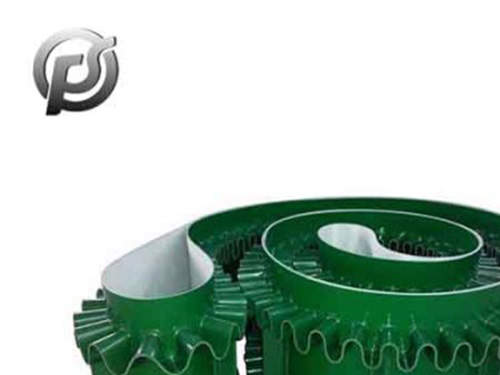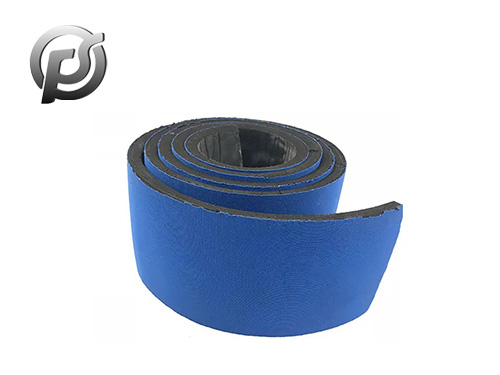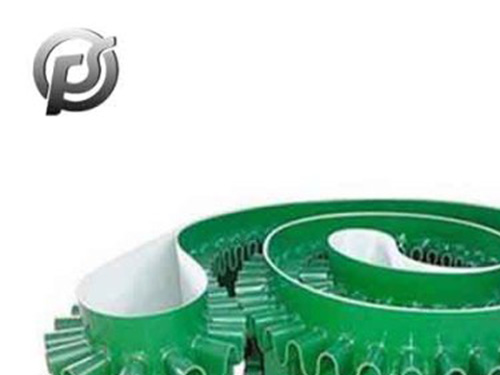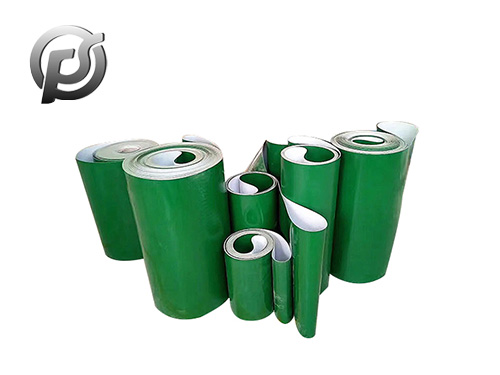Polyester conveyor belts have emerged as indispensable components in a wide range of industries, revolutionizing material handling processes with their durability, versatility, and efficiency. From manufacturing facilities to distribution centers, these belts serve as the lifelines that keep operations running smoothly, facilitating the seamless movement of goods and materials.
One of the key attributes of
polyester conveyor belts is their exceptional strength-to-weight ratio. Constructed from high-quality polyester fibers, these belts exhibit remarkable tensile strength, allowing them to withstand heavy loads while maintaining their integrity over extended periods. This resilience makes them ideal for conveying a diverse array of materials, including bulk commodities, packaged goods, and heavy industrial components.
Moreover, polyester conveyor belts offer superior resistance to abrasion, tearing, and impact, ensuring reliable performance even in demanding environments. Whether navigating through rugged terrain in mining operations or traversing high-speed production lines in manufacturing plants, these belts deliver consistent results without succumbing to wear and tear.
Another notable advantage of polyester conveyor belts is their low coefficient of friction, which minimizes energy consumption and reduces operational costs. By facilitating smoother material flow and reducing the need for frequent maintenance, these belts contribute to enhanced efficiency and productivity across various industries.
Furthermore, polyester conveyor belts are highly customizable, allowing manufacturers to tailor them to specific application requirements. Whether it's selecting the appropriate belt width, thickness, or surface texture, businesses can optimize conveyor systems to maximize throughput and minimize downtime, ultimately improving their bottom line.
In addition to their mechanical properties, polyester conveyor belts are also resistant to moisture, chemicals, and temperature fluctuations, making them suitable for diverse operating conditions. This versatility extends their utility beyond traditional manufacturing and logistics settings, finding applications in sectors such as food processing, agriculture, and pharmaceuticals.
As industries continue to evolve and adopt advanced technologies, polyester conveyor belts remain at the forefront of innovation in material handling. With ongoing research and development efforts focused on enhancing their performance and sustainability, these belts are poised to continue driving efficiency and productivity across a myriad of sectors for years to come.


 PE Conveyor Belts: Characteristics, Applications, and Advantages
PE Conveyor Belts: Characteristics, Applications, and Advantages
 Stone Conveyor Belt: Enhancing Efficiency and Productivity in Material Handling
Stone Conveyor Belt: Enhancing Efficiency and Productivity in Material Handling
 Optimizing Operations with PE Conveyor Belts: Durability, Efficiency, and Versatility
Optimizing Operations with PE Conveyor Belts: Durability, Efficiency, and Versatility